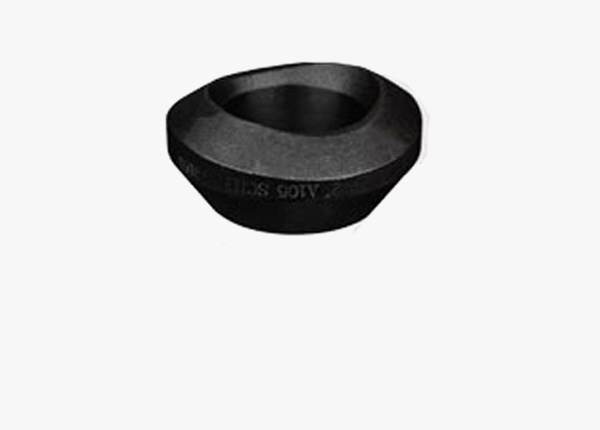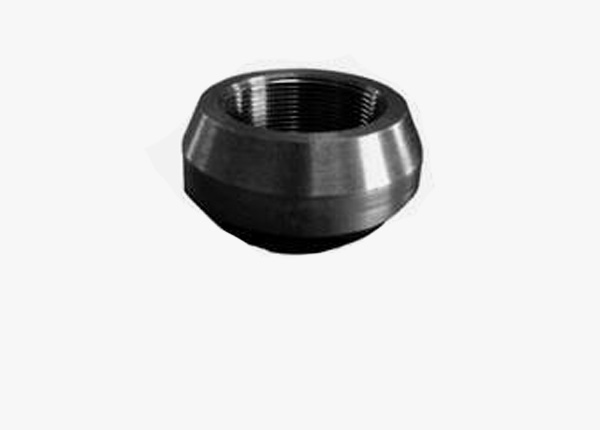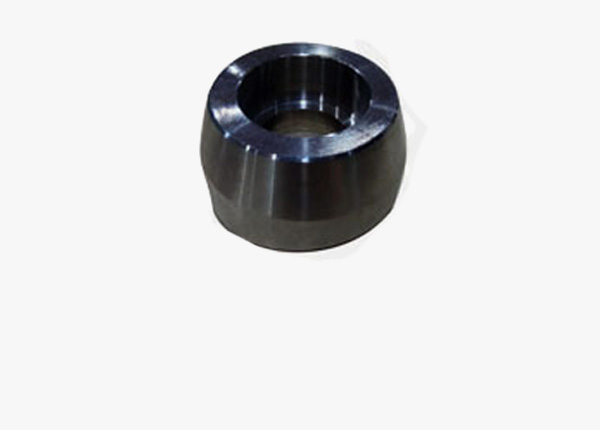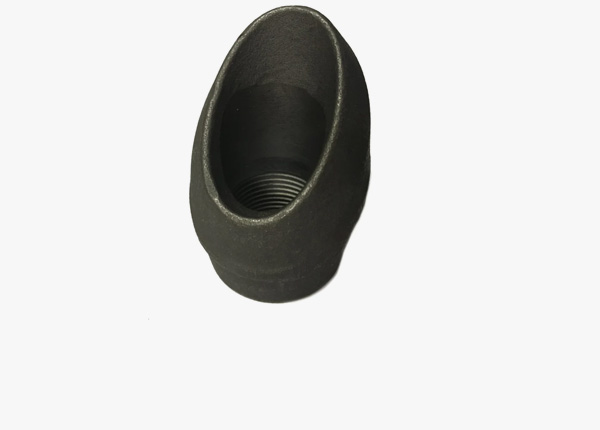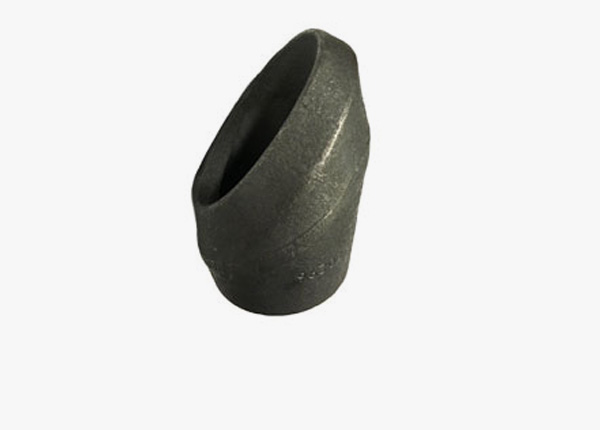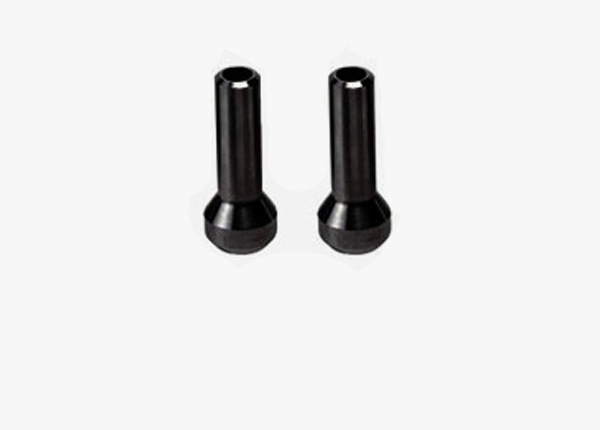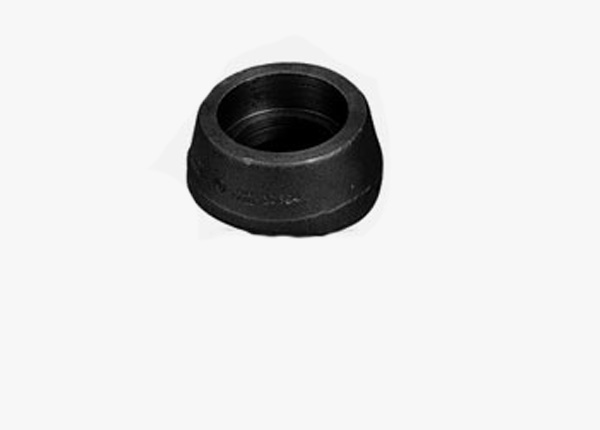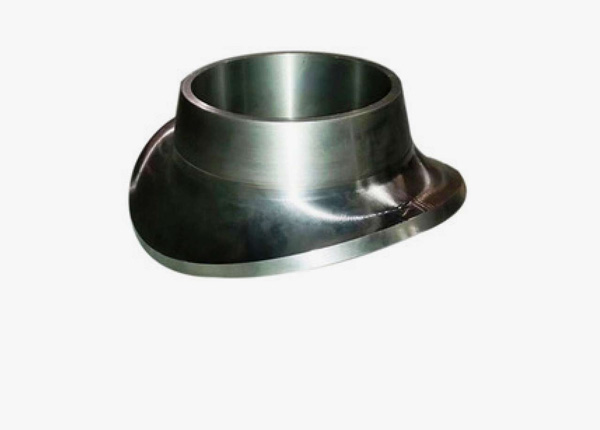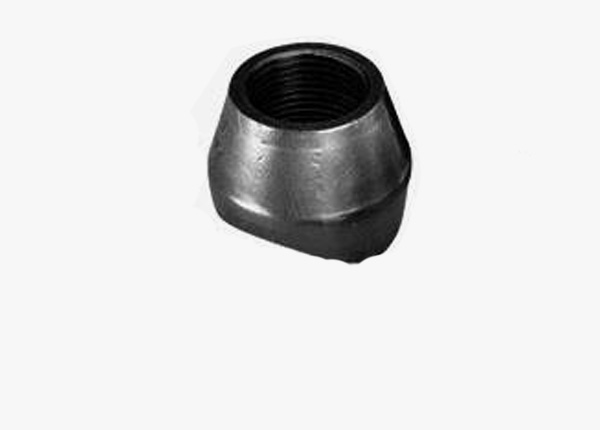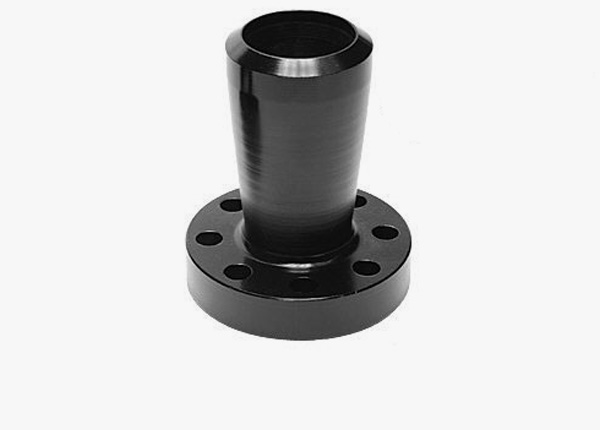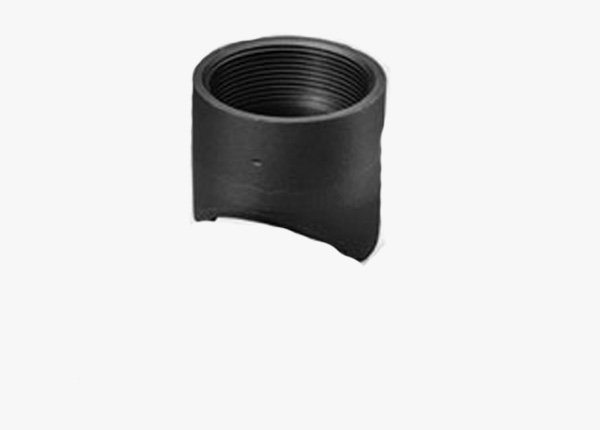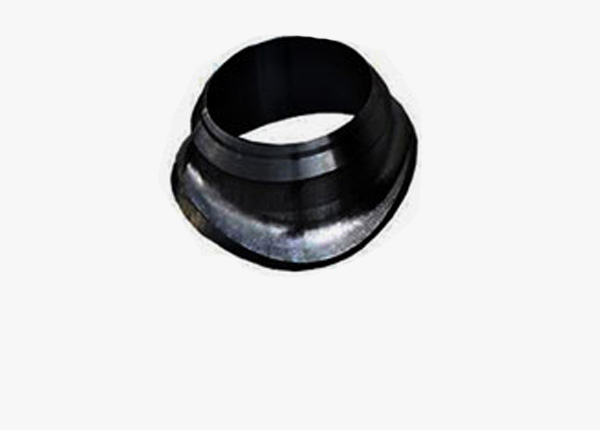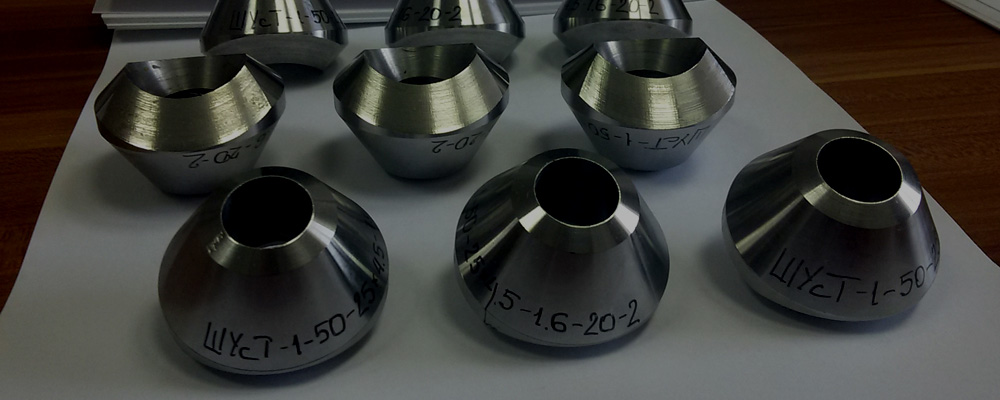
The impact of overheats at temperatures one hundred and Two Hundred Degree F above base temperatures of 1500 Degree F, 1700 Degree F and 1800 Degree F became evaluated with the overheats being implemented forty eight hours after the begin of nominal two hundred-hour tests. Alloy Steel F11 Olets must handiest be used to appraise formed developments because the common values proven make no allowance for regular scatter in check consequences or restrained check statistics. The reality that for every check circumstance the real rupture lifestyles became extra than the expected lifestyles suggests that alloy 713 Degree C became now no longer handiest proof against harm from the overheats however that it became actually strengthened with the aid of using them. In formed forged alloys do now no longer obtain the excessive degree of effect properties related to wrought material. A solution heat remedy of this Alloy Steel F11 Olets seems to provide a moderate development as much as 1300 Degree F.
In fact, depending upon the grain size, circumstance and earlier retaining time at temperature, the effect values of this alloy lower at room temperature to at 1800 Degree F. Basic fatigue and pressure-rupture statistics at 1700 Degree F became decided for each the easy and notched material. Thermal fatigue statistics of Alloy Steel F11 Olets had been received in a laboratory check rig wherein a niche at the trailing fringe of an funding forged stator blade segment or a thermal fatigue specimen specifically designed to simulate a stator blade became alternately heated with the aid of using a gas-oxygen-air flame to the indicated temperature in a single minute and then cooled by means of having the aid of using an air blast for one minute.



